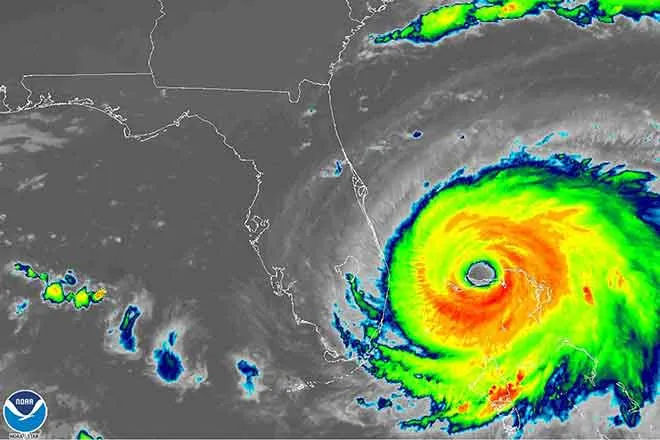
Study shows precipitous drop in US, global migratory fish populations
Click play to listen to this article.
(United States News Service) A new World Wildlife Fund study shows since 1970, more than 80 percent of the global populations of freshwater migratory fish have declined significantly. The report calls developments in its Living Planet Index "distressing," and faults habitat loss and degradation. It says factors like river fragmentation due to dams, and agricultural encroachment, account for half of the threats.
Michele Thieme, deputy director of freshwater for the World Wildlife Fund, monitors freshwater species, and said though the trend is heading downward, there are efforts underway to save these species.
"On average, we've seen freshwater migratory fish populations in North America decline by 34 percent since 1970. This is a little bit lower within what we're seeing globally, but it's still not a good number," she said.
The Index follows more than 1,800 populations of 284 native, migratory freshwater fish species from around the world. Thieme said these fish often make the difference in food security and nutrition for vulnerable communities, while supporting the livelihoods of millions in local and recreational fishing industries and global trade.
Thieme added despite the bad news, she is heartened by efforts to reverse the trend. Last month during Earth Week, state, Tribal and local leaders from across the country gathered for a White House Water Summit. At the event, the Biden Administration announced a Freshwater Challenge, part of its America the Beautifulinitiative to conserve and restore America's rivers, lakes, streams and wetlands.
"We're very excited that the U.S. government has taken such a leadership role in setting the specific target of restoration of rivers and other freshwater habitats. That's really going to be critical for time, for the populations of freshwater species to rebound," Thieme said.
Thieme added more than 100 inaugural members - including her organization - have signed on to support freshwater restoration in communities in seven states, with eight Native nations and 24 local governments.

















